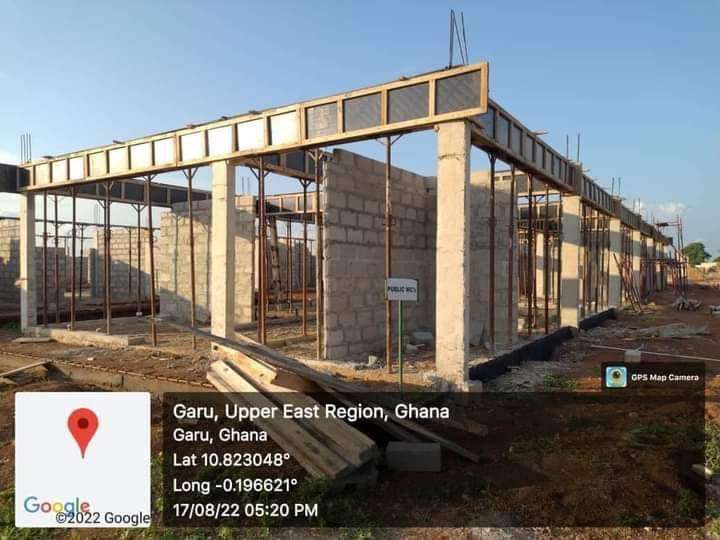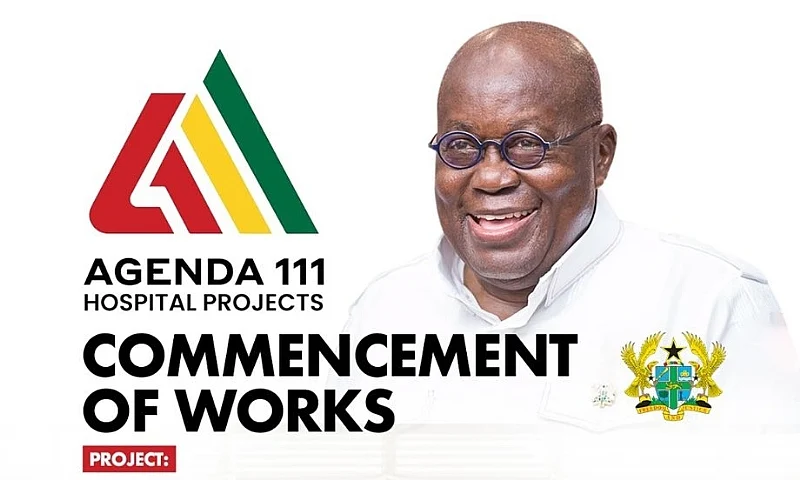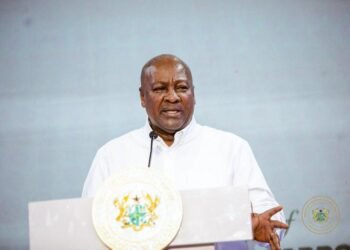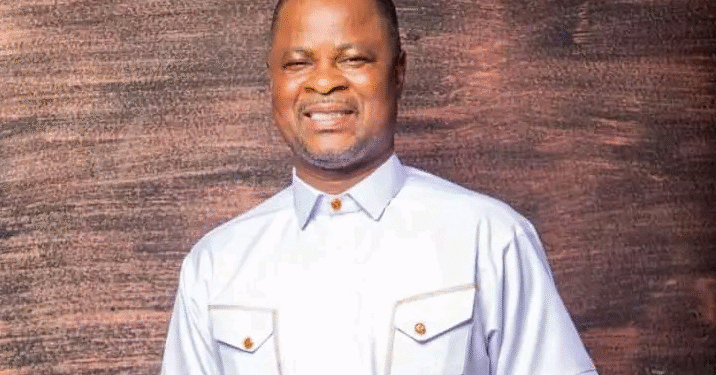There are growing concerns among several Ghanaians over the possible completion of the government’s flagship health project called Agenda 111.
Despite lofty promises and assurances from government officials, the ambitious endeavour, aimed at revolutionizing healthcare infrastructure, finds itself mired in a quagmire of challenges, primarily stemming from funding constraints.
Initiated in August 2021 by the ruling government, Agenda 111 set out with an ambitious goal to construct 111 hospitals across the nation within an 18-month timeframe for each unit.
The overarching objective was to elevate the quality of healthcare services at the district level while ensuring universal access for all citizens of Ghana.
However, two years down the line, the reality starkly contrasts with the initial vision.
It is regrettable to mention that since the project’s commencement in August 2021, none of the 111 hospitals which was earmarked as the signature project of President Nana Akufo-Addo’s second term has been completed.
The unfortunate situation is casting a shadow of doubt over the government’s ability to deliver on its promises.
The recent release of data from the government’s Performance Tracker paints a grim picture, revealing that only 36% of all works on the Agenda 111 hospitals have been completed since the project’s inception.
While government officials, including the former Minister of Information, Honorable Kojo Oppong Nkrumah, have reiterated commitments to the project’s timely completion, it is obvious the stark reality defeats his assertion as the popular saying says ‘actions speak louder than words’.
Thus, despite assurances of settled financial obligations, funding remains a persistent stumbling block, with experts pointing to a significant shortfall in the project’s budget.

For instance, despite securing a $100 million startup fund through the Ghana Investment Infrastructure Fund (GIIF), experts estimate that each hospital’s construction would require $17.60 million, far exceeding the initial projections.
BudgIT Ghana, a prominent civil society organization has underscored the magnitude of the financial challenge, pegging the total cost of the project at a staggering $1.76 billion, surpassing the allocated budget for the entire health sector in 2022.
Dr. Kwame Asiedu Sarpong, a respected Pharmacist and Research Fellow at the Ghana Centre for Democratic Development (CDD-Ghana), reacting to the delay in the completion of the Agenda 111 project bemoaned the stark reality facing the project.
With the project’s completion rates exceeding its initial target date of 18 months, Dr. Sarpong underscored the urgent need for immediate action to secure additional funding and expedite the construction process.
“Since the commencement of Agenda 111 in 2020, the performance tracker released…suggests only 36% of all works are complete. Using this as a reference, estimate the percentage of work that will be completed by January 7th 2025. Assuming all variables are constant. Passmark: 40%”.
Dr Kwame Asiedu Sarpong, Research Fellow CDD-Ghana
It is important to state that the failure of both Agenda 111 and its predecessor, the Community Day Senior High School projects can be attributed to the inability of previous and current governments to secure reliable funding.
This highlights a crucial lesson for future governments as the initiation of ambitious projects like Agenda 111 and Community Day Senior High School projects without a sustainable financial framework jeopardizes their success and undermines public trust.
As Ghana grapples with the challenges plaguing Agenda 111, it serves as a stark reminder of the imperative for future governments to learn from past mistakes and prioritize prudent fiscal management in future endeavours.
It is also important to underscore the urgent need for the government to address funding deficiencies and take decisive measures to ensure the timely completion of the Agenda 111 project before it leaves office.
READ ALSO: Rising Temperatures Threaten Global Food Production- Study Reveals























